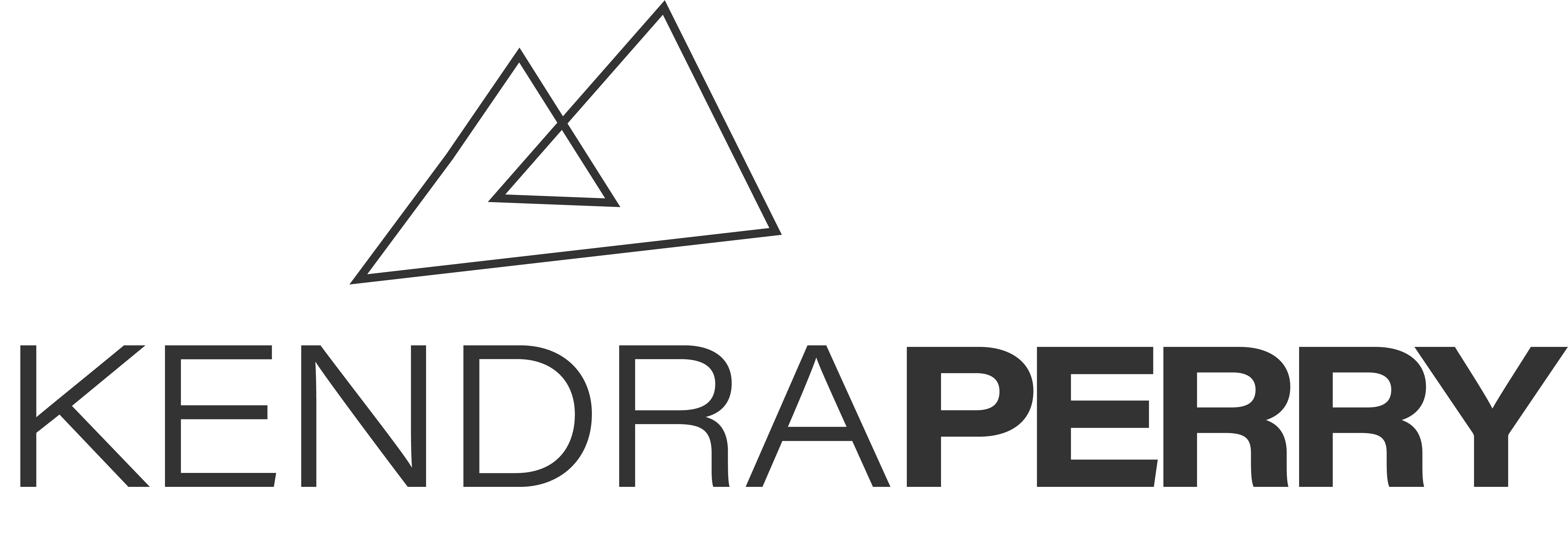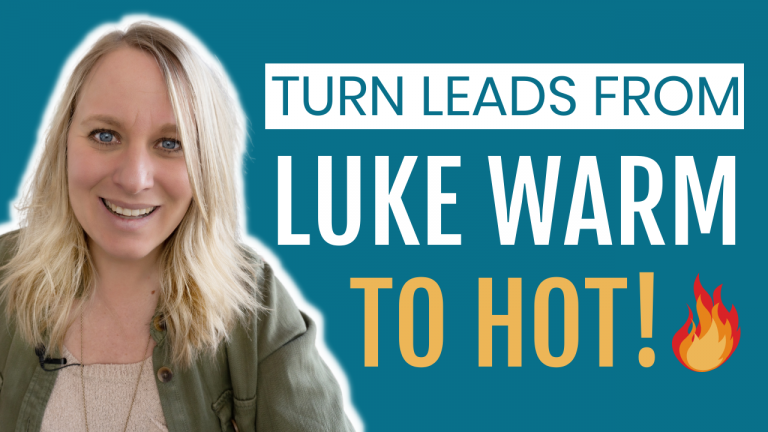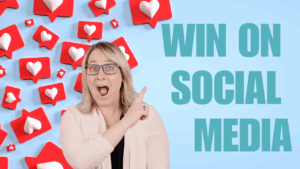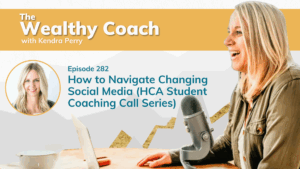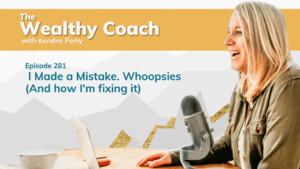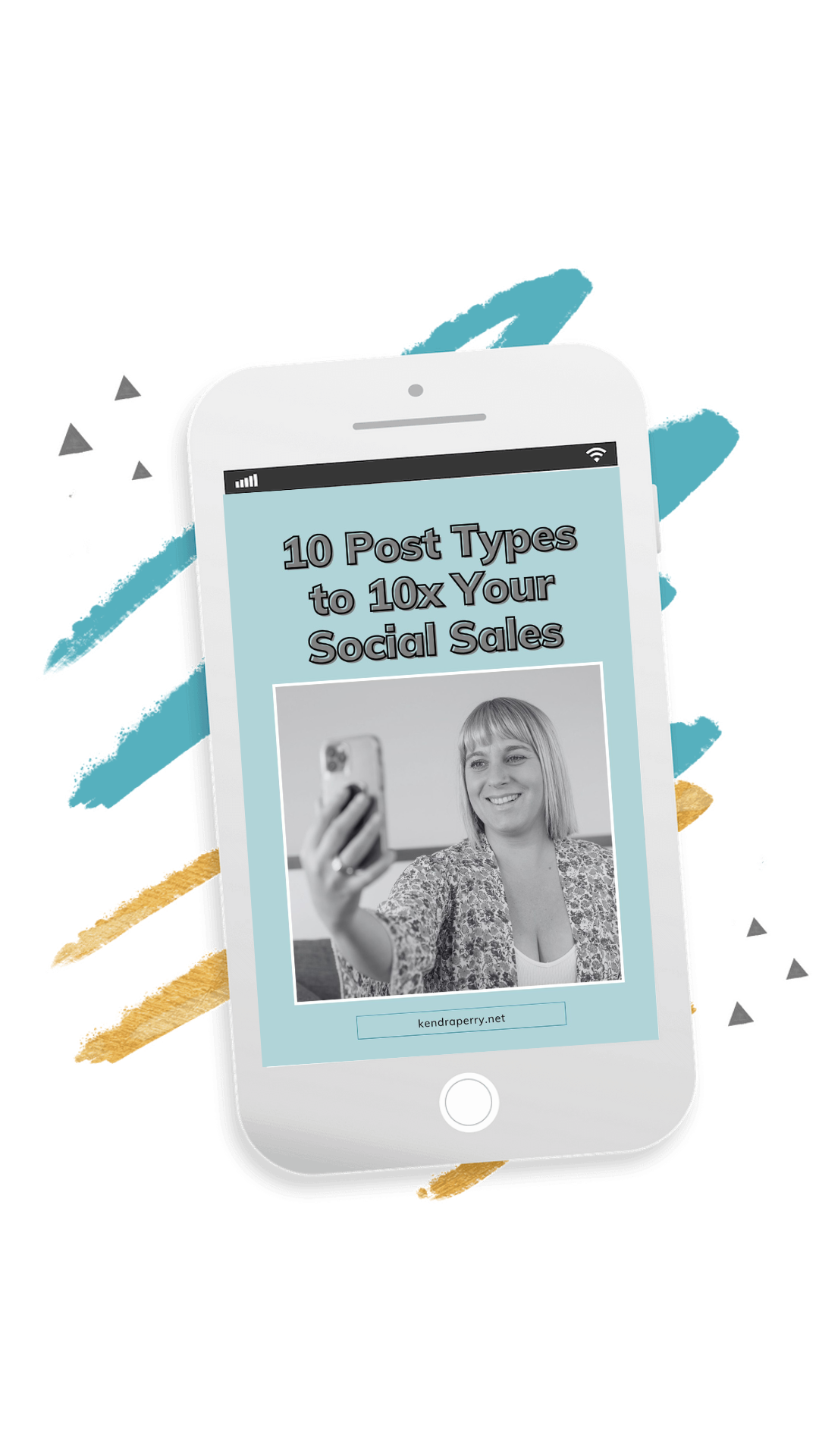So you just got a new subscriber to your list. But just getting that lead, isn’t actually enough. When the person comes to your list, they won’t immediately become a client, they’ve got to work up to that. That’s where a lead nurturing strategy comes in. And that’s what we’re going to talk about in this video.
Watch the video
When growing your list, the first thing you need is something of value to give away for free in exchange for the email address. People don’t just give up their email address for anything anymore.
This is called a lead magnet, or a freebie and it needs to be incredibly valuable to your ideal client. And it needs to give them some sort of quick win or teach them something they didn’t know before.
Whatever you provide is going to be their first experience inside your business, so you need to impress them because you want them to think ‘wow, if this is free, then what is the paid stuff like?’
Once they’ve signed up to receive your freebie, your new subscriber should receive a series of emails which will be your nurture sequence. The email nurture sequence can be anywhere from five or six emails or even up to 30 emails. Some people have really long nurture sequences that maybe last two months or even more. So let’s go through what each of these emails should be.
1) confirmation email
This email includes the freebie that they signed up for. And the first email should be short and sweet. This isn’t the time to write your whole life story. This is just the time to just give them what you promised to give them, and tell them what happens next, whether that’s a series of emails or they can expect to hear from you on a certain day of the week. The other thing to keep in mind with this email is keep it very simple looking. No images, no graphics, just text like you received an email from a friend.
2) your story
Tell your story in how it connects to what you’re doing now and why your passionate about the topic you’re selling them on. In this email, you’re trying to show people why you are so passionate about what you do and you want to make a connection with your audience. Now in any good story, things always end on a climax. You want to do the same thing with your email story. And you will tell the rest of the story in the next email, basically to entice people to open the next email.
3) aggravate the problem
This is where you speak to the pain points and start to aggravate the issue. What this means is we’re trying to show them that their problem is a big problem, but it’s not their fault, and that there is a solution (that’s you!). This is where you show them that there’s a solution, but they need to be empowered to take responsibility of their own health.
4) a great client story or testimonial
Now, if you’re brand new, you may not have a client story yet, so you could use a mentor, a friend, you could use yourself again. But you’re basically going to share how your client had the same issue but resolved it using your method.
5) the pitch
This is where you’re going to sell them into your program, or your sales call or your discovery call. In this email, it’s really important that you focus on benefit and solution. It’s really easy for us to want to talk about the features, but make sure that when you talk about it, you tell them why it’s important and you really paint the picture for what their life could look like once they go through your program.
If you want to get my full nurture sequence, swipe file with that entire template and an entire example of an email nurture sequence, I give that to my Health Coach Accelerator students.
Whatever your nurture sequence and email marketing entails, make sure that your subscribers are excited and interested to open your email every time you send it. And that’s really where the nurture process begins is in these weekly emails that are incredibly consistent and that they expect from you.
